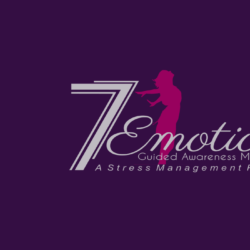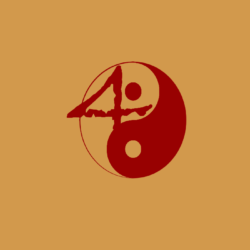- Article: Is Acupuncture Safe?
Is acupuncture safe? A systematic review of case reports.
Lao L, Hamilton GR, Fu J, Berman BM.
University of Maryland School of Medicine, Complementary Medicine Program, Baltimore, USA.
OBJECTIVE: The greater acceptance of acupuncture by healthcare professionals and the public has increased the importance of addressing public concern about its safety. Of particular concern has been the potential for transmission of infectious disease and organ and tissue injury, as well as the training and professional standards of acupuncture practitioners. This paper, therefore, addresses the following question: What is the frequency and severity of adverse complications and events in acupuncture treatment? DATA SOURCES: All first-hand case reports of complications and adverse effects of acupuncture that could be identified in the English language literature were reviewed and classified according to type of complication or adverse effect, circumstances of the event, credentials of the acupuncturist, country of occurrence, and long-term patient outcome. STUDY SELECTION: The case reports were selected by a search of 9 databases and covered the years between 1965-1999. DATA EXTRACTION: Relevant papers were collected and analyzed by 2 reviewers. Over the 35 years, 202 incidents were identified in 98 relevant papers reported from 22 countries. RESULTS: Types of complications included infections (primarily hepatitis from a few practitioners), and organ, tissue, and nerve injury. Adverse effects included cutaneous disorders, hypotension, fainting, and vomiting. There is a trend toward fewer reported serious complications after 1988. CONCLUSIONS: Declines in adverse reports may suggest that recent practices, such as clean needle techniques and more rigorous acupuncturist training requirements, have reduced the risks associated with the procedure. Therefore, acupuncture performed by trained practitioners using clean needle techniques is a generally safe procedure.
Excerpts: “Proper training of modern-day acupuncturists, particularly the study of clean needle technique (CNT) and knowledge of human anatomy, is required to minimize the long-recognized complications and adverse effects documented in Chinese medicine since the second century, BC. . . ”
“In summary, this systematic review of published case reports suggests that, if clean needle procedure and proper needling techniques are followed, acupuncture appears to be a safe medical procedure with minimal adverse reactions. Only 202 cases of complications and adverse events associated with acupuncture were found during this 35-year period, representing fewer than 6 cases per year among 22 countries. Incidences of infection have declined dramatically in the last decade with the introduction of disposable needles and clean needle technique. However, though safe, acupuncture is not risk free. Proper training and licensure are critical to further minimize the risks in acupuncture practice.”
Citation: Is Acupuncture Safe? A Systematic Review of Case Reports, Alternative Therapies, Lao, Lixing, et al, Jan./Feb. 2003, vol. 9. no. 1.
Web Source: PubMed. Altern Ther Health Med. 2003 Jan-Feb;9(1):72-83.
Review the entire article in the journal – Alternative Therapies For updates on the above article and the author contact: Lixing Lao – E-Mail: llao@acupunctureresearch.org.
Statement from CCAOM Executive Director / Dec. 09
“The CCAOM Clean Needle Technique course, which represents a uniform national standard in the area of needle safety, serves to ensure public safety by preventing clinical accidents, including iatrogenic transmission of bloodborne pathogens.”
David M. Sale, J.D., LL.M. Executive Director Council of Colleges of Acupuncture and Oriental Medicine Web: www.ccaom.org







